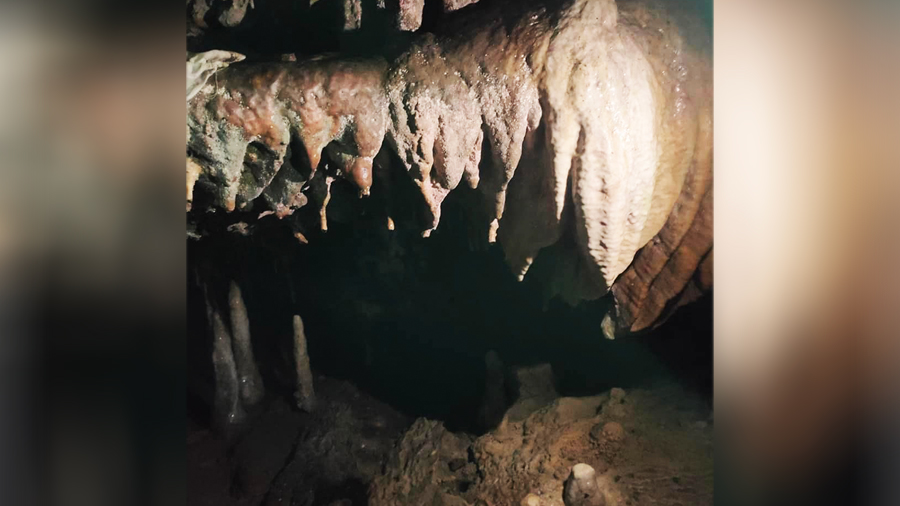 Bhutan has launched its first-ever scientific cave exploration, led by a team of researchers from the United States’ Northern Arizona University, in collaboration with Bhutanese conservationists. The study, which began in March this year, is deemed pivotal in the country’s efforts to understand, document and preserve its fragile cave environments.
Bhutan has launched its first-ever scientific cave exploration, led by a team of researchers from the United States’ Northern Arizona University, in collaboration with Bhutanese conservationists. The study, which began in March this year, is deemed pivotal in the country’s efforts to understand, document and preserve its fragile cave environments.
 The team, consisting of researchers, forest rangers and a cartographer, is led by Jut Wynne—a biological science professor with the Northern Arizona University. Till now, the researchers have ventured into four cave sites: Rangtsey Ney and Dorji Pham caves in Haa, Meritsemo Ney in Chhukha and Draker Ney caves in Paro.
The team, consisting of researchers, forest rangers and a cartographer, is led by Jut Wynne—a biological science professor with the Northern Arizona University. Till now, the researchers have ventured into four cave sites: Rangtsey Ney and Dorji Pham caves in Haa, Meritsemo Ney in Chhukha and Draker Ney caves in Paro.
 The caves were mapped and studied in detail, with special focus on identifying the animals and insects that dwell within.
The caves were mapped and studied in detail, with special focus on identifying the animals and insects that dwell within.
Sangay Tshering, a lecturer from the College of Natural Resources said “These caves are home to many small insects, large insects, and bats. In order to protect these species, we must first focus on protecting the caves. To do that, we need to document the type of cave, along with its length and breadth. Secondly, to raise awareness about public health risks, as bats are known to be natural reservoirs of zoonotic diseases.”
One of the key outcomes of this study will be the creation of the country’s first bat call library, which is a collection of recorded sounds that bats make to find food and move around in the dark.
Although efforts were made in the past years, they could not be completed due to a lack of resources. This time, with bat call detectors and mist-netting techniques, researchers have already documented about 50 bat species.
Sangay Tshering said “In a recent survey, we collected around 306 arthropods, which have been sent to Northern Arizona University for analysis. Once the analysis is complete, we will create a checklist of the species found in these caves. Based on our preliminary findings, some of the arthropod species may be new to science.”
The study comes under a three-year agreement signed last year between Northern Arizona University and Bhutan’s College of Natural Resources, aimed at capacity building, ecological research, and sustainable conservation practices.
Kinley Bidha
Edited by Kipchu









